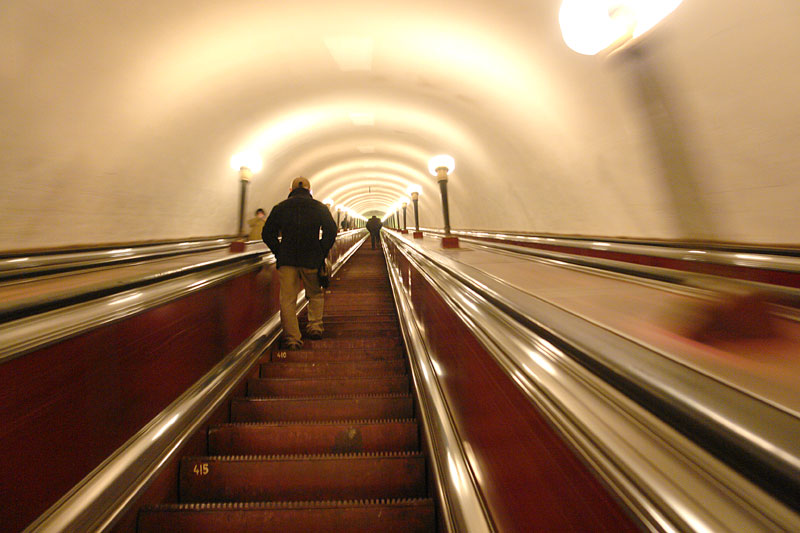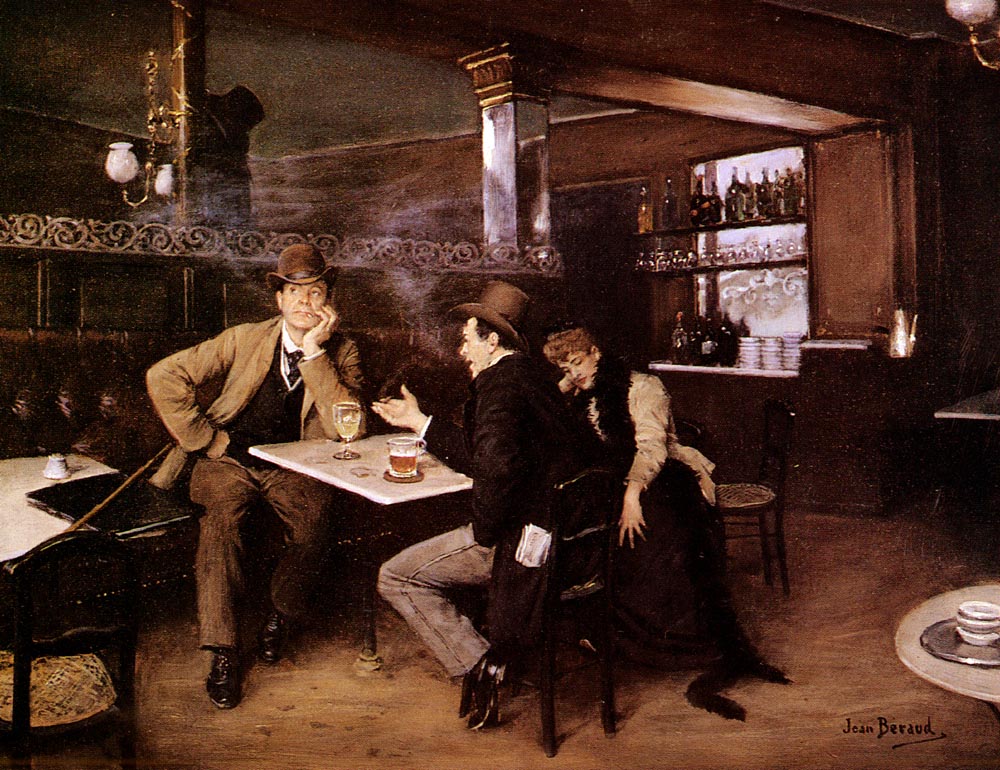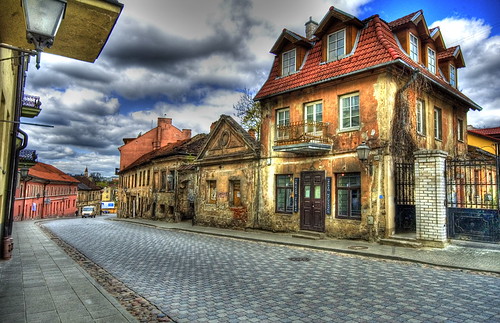Again, Lithuania has angered Russia. This time by proposing a bill that would prohibit the public from displaying Soviet symbols, including the red flag with a hammer and sickle and the national anthem. Not so long ago, soviet simbols were not rare in Vilnius. And National Anthem of Lithuanian Soviet Socialist Republic survives on the world wide web.
This ban includes flags, emblems and badges carrying insignia, such as the hammer and sickle or swastika.
National Anthem of Lithuanian Soviet Socialist Republic
In fact, Lithuanian SSR was first proclaimed on December 16, 1918, by the First Congress of the Lithuanian
Communist Party supported by
bolshevik armed forces. It failed to create a de facto government with any popular support.The Lithuanian SSR was first proclaimed on December 16, 1918, by the First Congress of the Lithuanian Communist Party supported by bolshevik armed forces. It failed to create a de facto government with any popular support.
What happened later, was not a jocke. The
Molotov-Ribbentrop Pact of (August 1939), between
Nazi Germany and the Soviet Union, stated that Lithuania was to be included into the German "sphere of influence", but after the
World War II broke out in September 1939 was amended to transfer Lithuania to the Soviet sphere in exchange for
Lublin and parts of the
Warsaw province of
Poland, originally ascribed to the
Soviet Union, but by that time already occupied by
German forces. The Lithuanian Soviet Socialist Republic was established on July 21, 1940.
The United States, United Kingdom, and other western powers considered the occupation of Lithuania by the USSR illegal, citing the
Stimson Doctrine, in 1940, but recognized all borders of the USSR at post-World War II conferences.

Several waves of
deportations affected Lithuania. only in July 12-16, 1940 more than 500 people were arrested - most of them were public men and politicians, army officers, office employees of the independent Lithuania. In the short run, among the dangerous enemies of the Soviet system were reckoned ordinary members of legal parties, organizations that existed in independent Lithuania, police officers, teachers and even Esperantists and philatelists. The repressive departments established pursuing the example of the Soviet Union took into their disposition Lithuanian archives and looked for the "anti-Soviet elements".
The first mass deportation began on June 14, 1941, at night. People realizing nothing were woken up, sat into lorries and conveyed to the nearest railroad station. Thousands of people woken up from sleep (women, children and old people) were told to leave their homes in a hurry.
The Lithuanian SSR was renamed the
Republic of Lithuania again, and on
March 11,
1990, all legal ties of
sovereignty were cut with the Soviet Union as Lithuania declared the
restitution of its independence. The government of the USSR recognised Lithuania's independence one year later.
Till then some rock groups sang "
Lietuva yra OK OK OK!" (ok... occupied)
Moscow's official interpretation of history is that Lithuania, Latvia
and Estonia were liberated from Nazi Germany by, then voluntarily
joined, the Soviet Union.
In comparison with other parts of the USSR its economy fared better and
today Lithuania remains one of the wealthiest of the formerly
Soviet-controlled states.
These are the toughest bans on symbols from the Soviet past adopted in any of the 15 countries that emerged from the USSR.Correspondents say equating Soviet and Nazi symbols in this way is certain to infuriate Russia,
BBC reports.











 Ksenia Sukhinova, 20 years old, was officially crowned "Miss Russia 2007." She won also won $100,000 and the right to represent Russia at "Miss Universe," the international beauty contest. She is from from Tyumen, where she is a student in the department of "Technical Cybernetics" at Tyumen University of Oil and Gas.The last Miss Russia to win Miss Universe was
Ksenia Sukhinova, 20 years old, was officially crowned "Miss Russia 2007." She won also won $100,000 and the right to represent Russia at "Miss Universe," the international beauty contest. She is from from Tyumen, where she is a student in the department of "Technical Cybernetics" at Tyumen University of Oil and Gas.The last Miss Russia to win Miss Universe was 

 Russian President Vladimir Putin turned a reporter's question about his marriage into a discourse on female beauty, saying Friday that "I like all Russian women." Putin praised his countrywomen in response to a reporter's question about a recent tabloid report that claimed he intends to marry a former Olympic gymnast less than half his age.
Russian President Vladimir Putin turned a reporter's question about his marriage into a discourse on female beauty, saying Friday that "I like all Russian women." Putin praised his countrywomen in response to a reporter's question about a recent tabloid report that claimed he intends to marry a former Olympic gymnast less than half his age.







